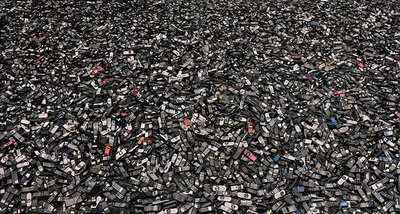Train travel is great! I like sitting and working on trains. Its like an office with a view. Today the Swedish trains have wifi (not very good but still wifi) which means that even online work can be done (unless it demands heavy bandwidth). The main problem is battery time. I try to book seats next to the power outlets (sad â?? isnâ??t it?) but on this trip I could not. Usually this can be fixed on the train.
Across the aisle from me a policeman (the gold braid suggests an officer) had a seat with the power outlet so I asked politely if he was going to use the outlet or if he could consider changing seats. He gruffly stated that he needed the outlet, drank his complementary coffee and fell asleep.
I worked fast and now I feel that I wanted to blog this on the last dregs of my battery life while the policeman snores gently to the rocking of the train.
Nobody likes to exchange seats, but most often do. Am I more annoyed by this man because of his occupation? Was his gruff response due to a need to command the situation? Did he ever intend to use the outlet?
Technology based life is driven by lots of small annoyances – the search for power being among the foremost. But our appliances demand more care and attention from us. Their control over our behaviour can be seen in the way in which we are reminded by the appliances to do their bidding. Washing machines, tumble dryers and microwaves annoyingly remind us to empty them â?? they will not be silent until we react. Most mobile devices remind us of their battery status, cars remind us when doors are open or seatbelts are unused.
The tyranny of these devices is for our comfort and security â?? but at the cost of our annoyance. They police use by their presence and remind us of their needs. The same can be said of the sleeping policeman across the aisle. He rests in full knowledge that his occupation is vital to society â?? something he takes advantage of â?? this is symbolised by non-use of the power outlet. He is like the tumble dryer I filled before leaving home that will beep noisily, annoyingly, in futility until I return.

























